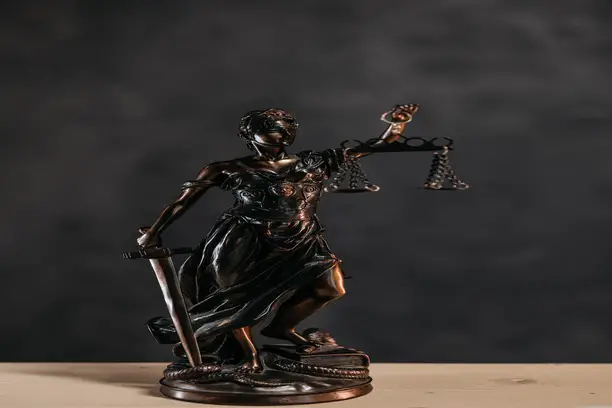


The realm of copyright in Pakistan is fortified by the Copyright Ordinance of 1962. This legislation is designed to shield creators from infringement, commercial exploitation, and to foster innovation. Initially modelled after the English Act of 1914, Pakistan’s first law protecting the rights of creators emerged in 1962.
Under the International Copyright Order 1968 (Section 54), works first published in member countries of relevant conventions receive the same protections in Pakistan as locally produced works. Pakistan, being a member of the TRIPS Agreement, abides by the provisions of the Berne Convention for the Protection of Literary and Artistic Works 1971.
The Copyright Rules of 1967 laid the groundwork for the functioning of the ordinance. Substantial changes were introduced through the Copyright (Amendment) Act of 1992 and the Copyright (Amendment) Act of 2000.
The significant expansion came with the Copyright (Amendment) Act of 1992, extending copyright protection beyond literary, dramatic, musical, and architectural works to encompass computer software, diurnals, vids, and various forms of audiovisual works. It also enhanced penalties for offenders and bettered compensation for infringed rights.
The cornerstone of copyright law is safeguarding creators against infringement and commercial exploitation, fostering the birth of new ideas. However, certain conditions must be met to claim these rights.
Regrettably, piracy remains a pervasive issue in Pakistan. Unauthorized reproduction or use of images, software, and photographic works is alarmingly common. There’s an urgent need to curb these illicit practices to protect creators.
Copyright grants exclusive legal rights to creators for a fixed duration to publish, print, perform, or record their literary, artistic, or musical creations. Notably, copyright protection safeguards the expression of ideas rather than the ideas themselves.
Violation occurs when someone reproduces the expression of a work without the copyright holder’s consent. It’s crucial to differentiate between copying “as is” and substantial similarity in cases of copyright infringement.
While copyright in Pakistan is automatically granted upon creation, enrolment strengthens legal protection. Usage of the copyright symbol (©) is recommended, although not mandatory.
Sections 60 and 60A of the Copyright Law outline civil remedies, including instructions, damages, and accounts for copyright infringement. Legal action can be taken for declaration, injunction, damages, and interim relief.
Sections 66, 66A to 66E, 67 to 70, 70A to 70B, and 71 to 74 pertain to criminal remedies. Complaints against copyright infringement can be lodged with the Federal Investigation Agency (FIA), leading to raids and seizures of infringing material.
The Intellectual Property Organization of Pakistan and the Federal Investigation Agency play pivotal roles in upholding copyright laws. The FIA has the authority to investigate and prosecute copyright violations, as mandated by the Copyright Ordinance of 1962.